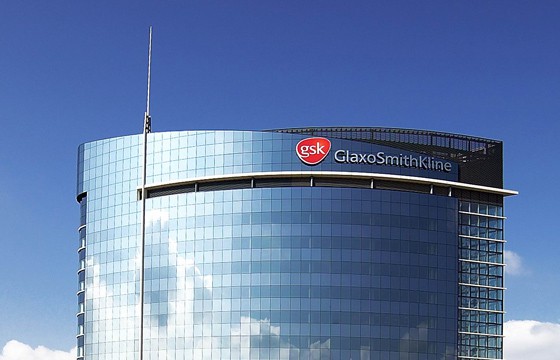
Two antibody-based drugs from GlaxoSmithKline and AstraZeneca have shown promise efficacy in systemic lupus erythematosus (SLE), raising the hope of improved treatment for the debilitating disease.
Lupus is a poorly-understood autoimmune disorder that is characterised by joint pain and swelling, rashes on the skin and extreme fatigue, with some patients experiencing intermittent flare-ups which can lead to severe and even life-threatening symptoms.
GSK reported new phase III data on a new subcutaneous formulation of its market-leading Benlysta (belimumab) product – which was approved as in one-hour infusion formulation for SLE in 2011, the first new therapy for the disease in five decades.
Benlysta sales were £166m ($251m) in the first nine months of the year – an increase of 25% – and approval of an easier-to-administer subcutaneous version could lend considerable additional momentum to the product.
In the phase III trial, a 200mg subcutaneous dose of the B-lymphocyte stimulator (BLyS) inhibitor given once a week was found to be significantly more effective in reducing disease activity compared to placebo when given on top of standard therapy, such as steroids and immunosuppressant drugs.
After a year, 61% of the Benlysta group showed reduced disease activity as measured by the SLE Responder Index (SRI) – a standard measure if efficacy – compared to 48% of patients on placebo.
“On the basis of these data, we expect to progress towards global regulatory filings for a belimumab subcutaneous formulation,” commented Paul-Peter Tak, head of immuno-inflammation R&D at GSK.
While the GSK trial suggests life may become easier for SLE patients treated with Benlysta, a new phase II trial conducted by AZ could lead to a new therapeutic option with a different mechanism of action.
The drug – called anifrolumab (formerly MEDI-546) – is an antibody blocking the type I interferon (IFN) receptor, thought to play a central role in lupus. The trial results showed that the drug significantly reduced disease activity and improved symptoms of SLE, including rash and arthritis.
After a year, 51.5% of patients taking a 300mg intravenous dose of anifrolumab once a month achieved an SRI response, compared to 17% of the placebo group. Just over 38% of patients on a higher dose of the antibody (1,000mg per month) achieved that level of response. Subjects taking AZ’s drug were also able to scale back their use of steroids, which can have significant side effects.
“The lupus community has been disappointed too often with clinical trial results,” commented principal investigator Richard Furie of North Shore-LIJ Health System. “We have been eagerly awaiting clinical data of this magnitude for many years,” he added.
AZ recently started a phase III trials programme for anifrolumab, which has been awarded fast-track status by the FDA as a treatment for SLE, and has said in the past the drug could become a $1bn product.
Both studies have been reported at the American College of Rheumatology (ACR) annual meeting, currently underway in San Francisco.




